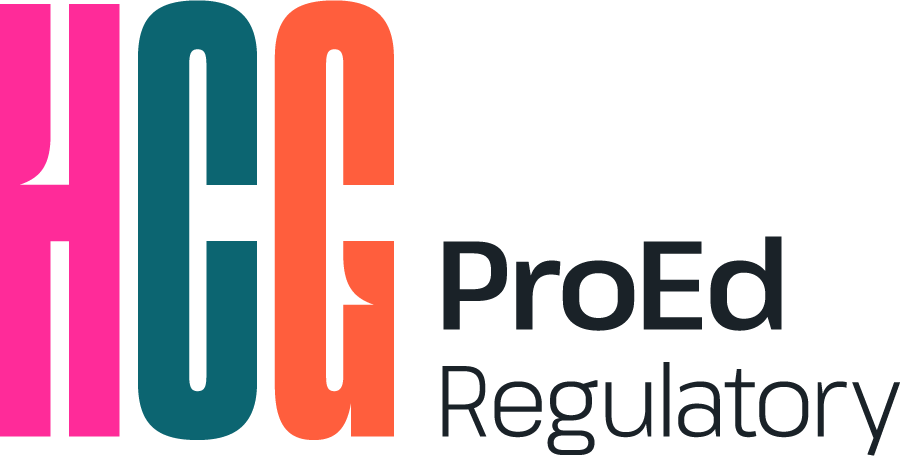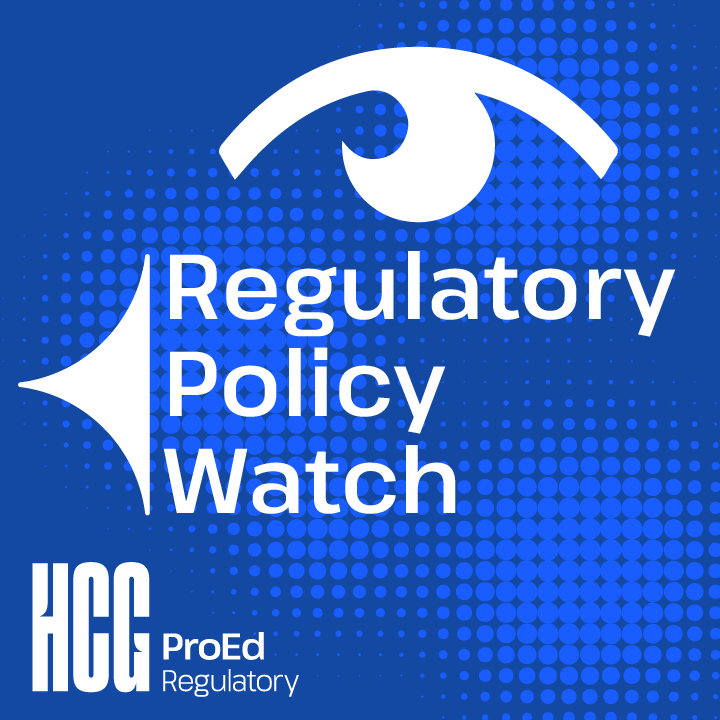Regulatory Reforms on the Horizon
In February 2024, we reported on anticipated changes to the format of FDA advisory committee meetings (AdComs) based on public comments from FDA Commissioner Robert Califf and other FDA officials earlier this year. Some of those changes have, indeed, come to pass—most notably, a full‑throated return to in-person AdComs at the White Oak facility in Silver Springs, MD. However, other reforms have yet to emerge. So, what can we expect in the coming year?
Several developments over the past several months suggest that additional reforms are coming. Robert Califf has announced his retirement, and Deputy Commissioner Namandje Bumpus has signaled that she is ready to move ahead with reforms. However, it remains to be seen to what extent this may change with the new administration.
In June, the FDA convened a listening session to gather public input into how AdComs are conducted and how their purpose can be made clearer. They also sought feedback from more than 400 current and former AdCom members, particularly regarding how they can empanel more subject matter experts, who often have conflicts of interest. And finally, they recently published a commentary in Nature Medicine where they outlined six focus areas for optimization of FDA AdComs:
- Modernize systems to reduce paperwork and streamline processes for onboarding of committee members
- Improve the utility of the advice from AdComs by considering how best to solicit useful feedback and evaluating the composition of existing committees
- Improve recruitment of committee members
- Standardize practices and procedures across the Agency and optimize internal resources
- Improve public understanding of AdComs and their role in the regulatory process
- Obtain input on use of AdComs through listening sessions and the docket for public comment
According to their commentary, the Agency is currently considering all the feedback they’ve received from public comments and discussions with AdCom members and are evaluating next steps. Most impactful will be efforts to improve the utility of the advice they receive from AdComs (focus area #2) and improve recruitment of the clinical experts who serve on those committees (focus area #3). Beyond that, the FDA has already made progress toward obtaining public feedback, and they have plans to increase external communications and publications.
On top of the changes we’re seeing at FDA, the European Medicines Agency (EMA) recently announced an initiative to improve the efficiency of their drug approval process. Based on an internal study showing that many applications are delayed, the EMA plans to work with Sponsors to better understand the reasons for requests to stop the review clock and to improve pre‑submission communications with Sponsors to eliminate or reduce those clock stops. They hope to enact reforms that will improve the percentage of new drug applications that are approved on schedule.
We continue to monitor these developments in the regulatory landscape and will bring you the latest news as it becomes available. Stay tuned!
Jeffrey S. Riegel, PhD
SVP, Scientific Communications
Jeff combines his scientific expertise in molecular biology and immunology with more than 25 years of global healthcare agency experience in guiding medical and regulatory communication strategies for biopharma companies. Jeff leads the scientific team at HCG ProEd Regulatory, which helps clients prepare for FDA Advisory Committee meetings and other health authority interactions. Connect with Jeff on LinkedIn.


